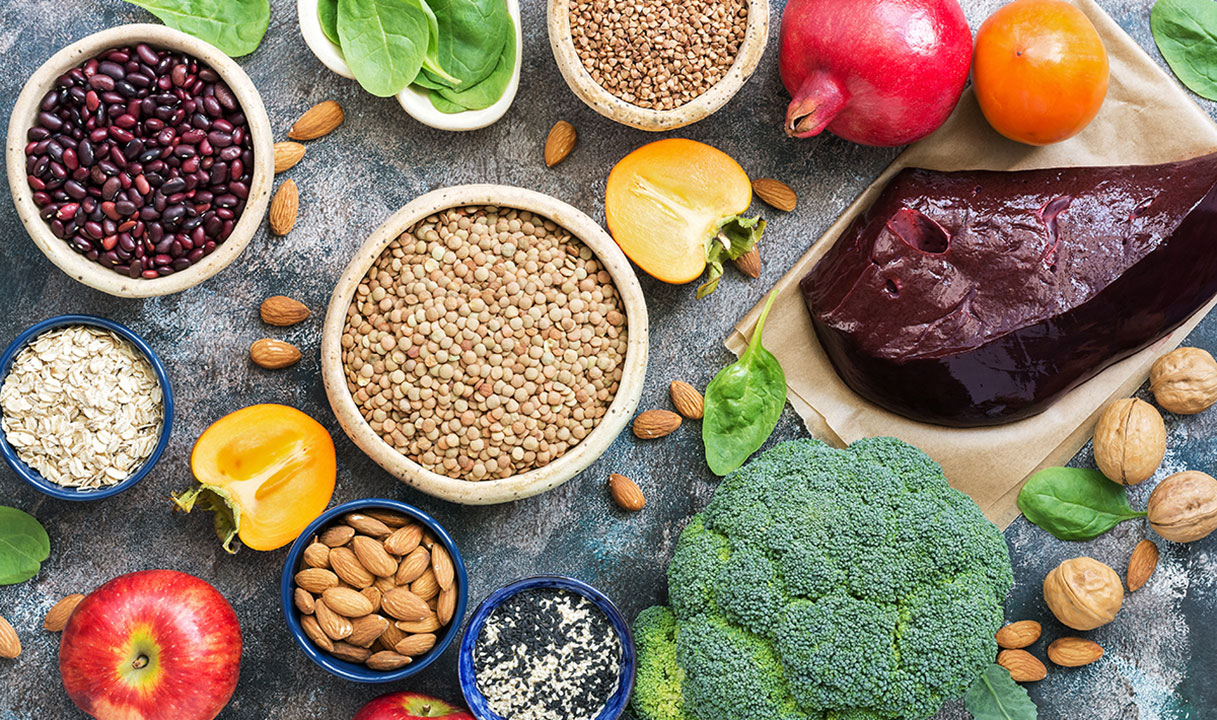As an athlete, you are constantly hearing how you need to consume enough of the right calories in order to obtain peak performance. But what about vitamins and minerals, such as iron? Iron intake is something you should be paying attention to on a daily basis. It can help increase your sports performance as well as your focus. Below is a breakdown of why you should be incorporating it into the diet of youth athletes.
Why is iron important for young athletes?
Iron deficiency anemia can occur when the body does not have enough iron. In turn, it will make fewer red blood cells or red blood cells that are too small. This results in the blood having a decreased ability to carry oxygen throughout the body.
Depending on how significant the iron deficiency is, it can reduce sports performance, especially endurance activities (such as distance running, swimming and triathlons), impair concentration and cause increased fatigue and risk of injury.
Many of the symptoms mentioned above, however, may not show up until the deficiency is more significant. So it is a good idea to be aware of who is at risk, the signs and symptoms and to know how to prevent iron deficiency in young athletes.
Common signs and symptoms of iron deficiency (anemia):
- Fatigue
- Weakness
- Pale skin
- Shortness of breath
- Lightheadedness
At risk iron deficient anemia populations among athletes include:
- Female athletes (related to menstrual losses)
- Vegetarian athletes or athletes who may restrict iron rich foods in their diet
- Underweight/undernourished athletes
- Endurance athletes
Iron rich foods (include daily choices to prevent iron deficiency):
- Lean meats, dark meat from chicken or turkey (absorbed better than plant sources)
- Beans, lentils, nuts and sunflower seeds
- Iron fortified cereals: cold cereals and oatmeal
- Green, leafy vegetables such as spinach and broccoli
- Dried fruits such as raisins, apricots and prunes
For more food sources, check out Tables 1 and 2 in the Center for Diseases and Control website.
Animal sources of iron are better absorbed than plant sources. But you can improve absorption of iron in the following ways:
- Include citrus fruit or drink orange juice with iron rich foods. Vitamin C enhances absorption of iron.
- Vitamin C rich foods include red pepper, grapefruit, broccoli and strawberries.
- Avoid teas, coffees and cocoa with meals (nutrients in these beverages decreases absorption).
If you feel your athlete is at risk for iron deficiency, talk to your doctor. Professional guidance from your pediatrician will help determine whether or not blood work to assess your athlete’s iron stores and/or risk of anemia is warranted.
Learn more about sports nutrition.

